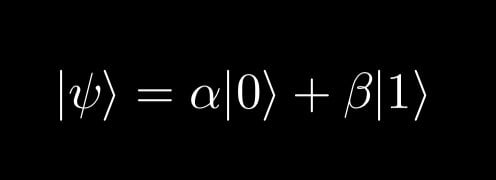@
userfawkes1105 I was referring to when you analyze and combine data sets to work of. You aggregate within the database to build new datasets and reports so I think they are highly relevant and if qubits can be binary values you could technically store those qubits in a database and aggregate them there. Then pass those onto the quantum process. What’s your take on programming then if it’s not this? What stack are you coming from?
In database technology, each
field either represent a stand alone property, for instance
first_name, or is an object, for instance
address, an object, that when you unpack, you will find a substructure with the following fields:
street:
unit:
city:
zip:
And is organized as a
hash that will gibberish when examined using Sequential Query Language Tools.
The database server can either be SQL(plain fields), NonSQL (fields as objects), or Hybrid.
But that's a technique to package data, store data, retrieve and decipher data. You can throw encryption as a parameter if you want to further complicate things.
When I program, I use a Hybrid technology, and "patterns" to package, encrypt, and retrieve, decrypt and unpack.
But that's a programming technique, not
programming.
Quantum computing is going through an intermediate phase, when professionals and researchers are trying to use traditional tools for expediency's sake, but that will go away, when fractal-like templates will be developed to instantly manipulate qubit generated data.
This is something I envisioned 30 years ago, but didn't think would be achievable in our lifetime.





